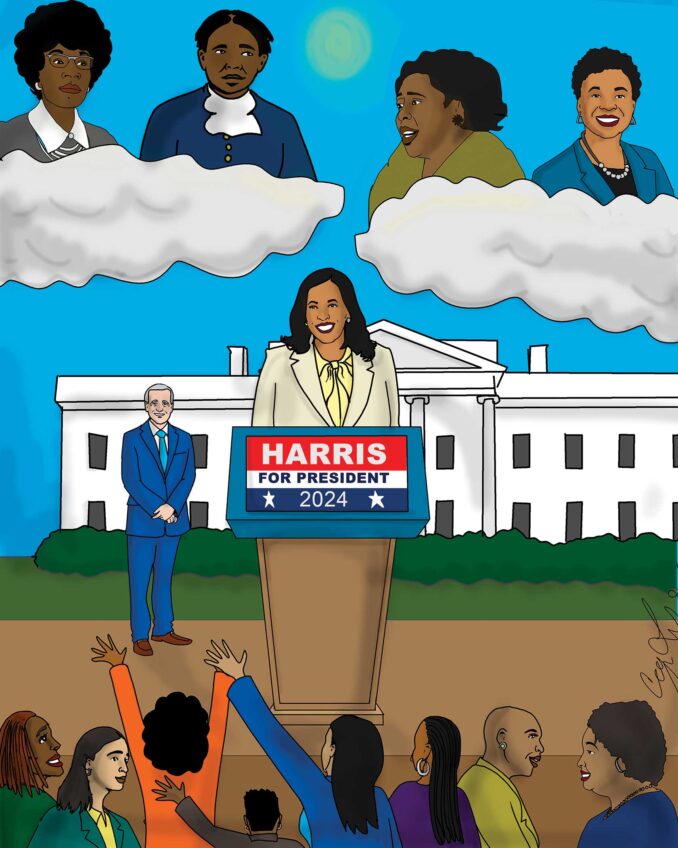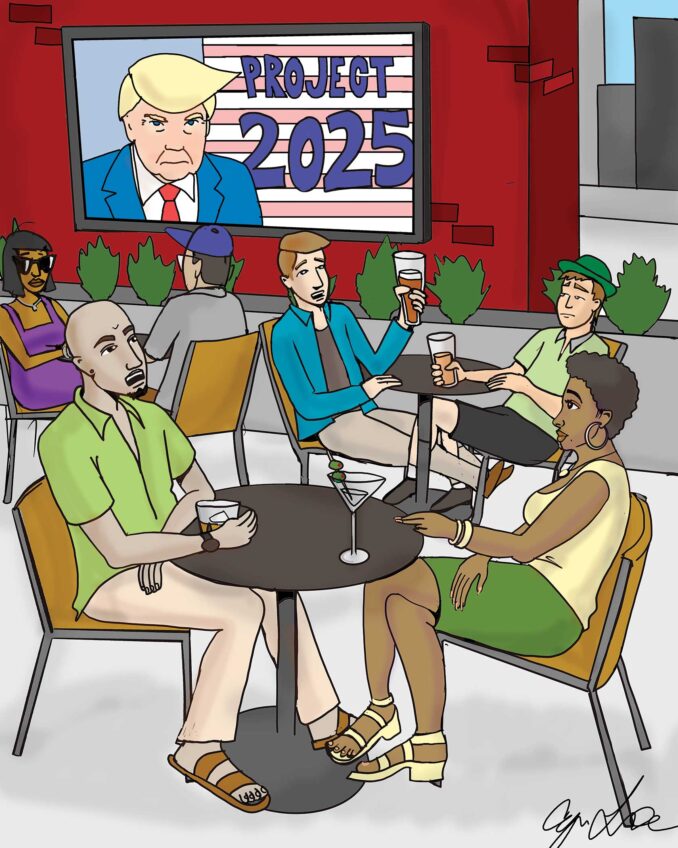Citizens protesting the murder of George Floyd by police in Minneapolis also chanted the slogan “Defund the police.” Protesters were calling for a major restructuring of the municipal police function, but conservatives strategically interpreted it to be a call for lawlessness. As expected, police officials all over the country objected to any changes in the system.
Protesters understand that the police who cope with violent criminals must continue to exist. What many citizens seek is the development of the capacity to serve the many non-violent and non-criminal needs of the public. Providence Mayor Jorge Elorza agrees with such an approach. Recently he appointed an old friend, Michael Stephens, as a police major. Stephens is a civilian with no law enforcement agency accreditation. He was to be in charge of Community Relations and Diversion Services.
Change has also come to Boston. The state’s new Peace Officer Standards and Training (POST) commission is part of a new police reform law. While it is just coming into effect, special police officers working for private institutions have been disarmed in some cases, and armed police have been removed from schools. One can expect a serious outcry from the police if major changes are made in overtime or other sources of income. In 2020, more than 30 Boston police officers netted more than $300,000.
Acting Mayor Kim Janey was forced to confront an unexpected issue last February when Dennis White, who former Mayor Martin Walsh had just appointed police commissioner, was charged with an old case of domestic violence by his former wife. The situation became more politically complicated because Commissioner White is Black, and police reports on the incident contain some alleged police improprieties.
Janey did what she had to do under the circumstances, but it was expected that she was going to lose the police vote anyway. What might not have been expected is that she lost the support of William G. Gross, Boston’s first Black police commissioner, who then expressed support for Annissa Essaibi George, the one considered to be the preferred candidate of the police.
Blacks should expect the battle for police reform to continue across the country. Many Blacks will have an interest to be on the wrong side of history. Black proponents of change should not assume the support of others simply because they belong to the same group that has been victimized by the police over the years.






